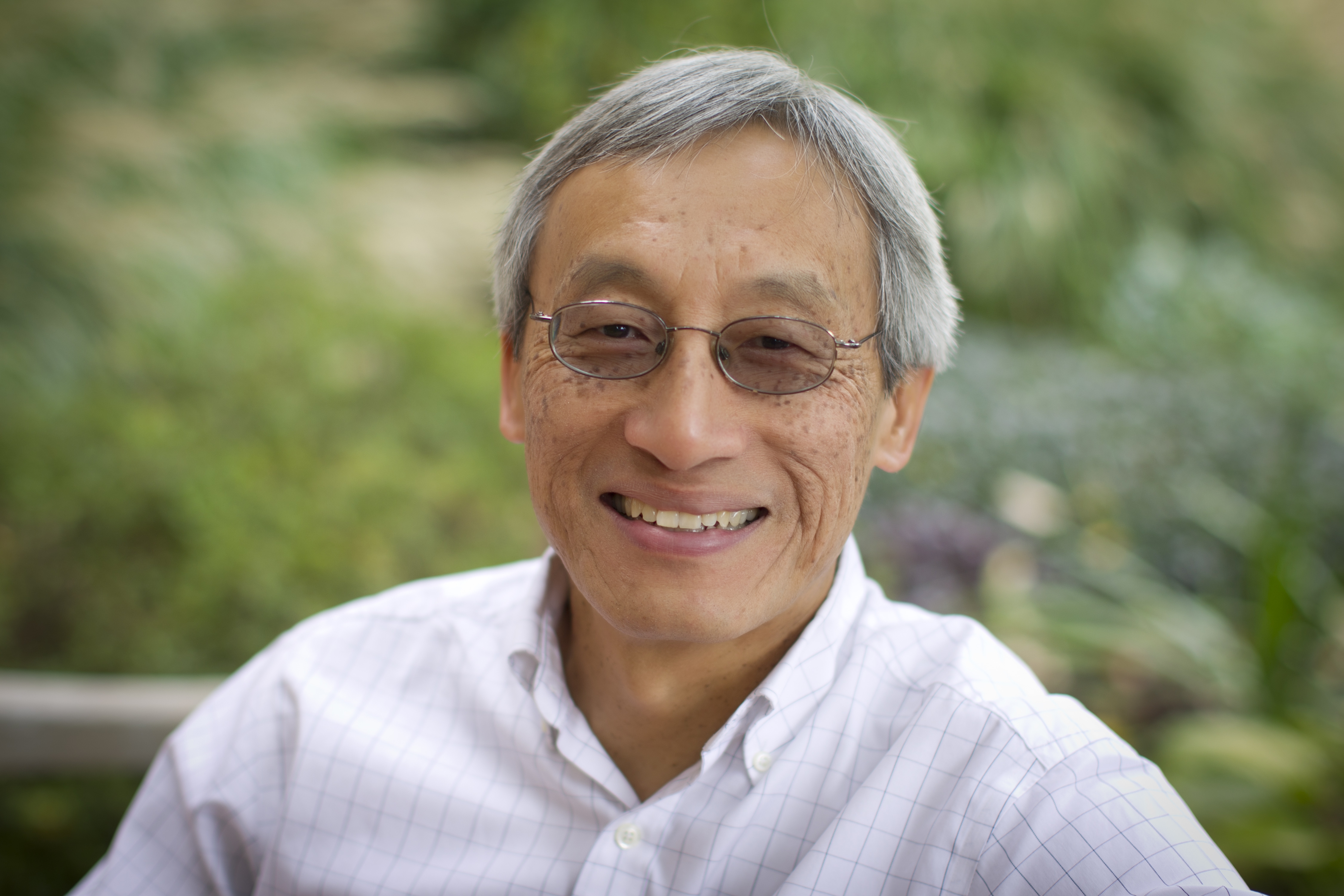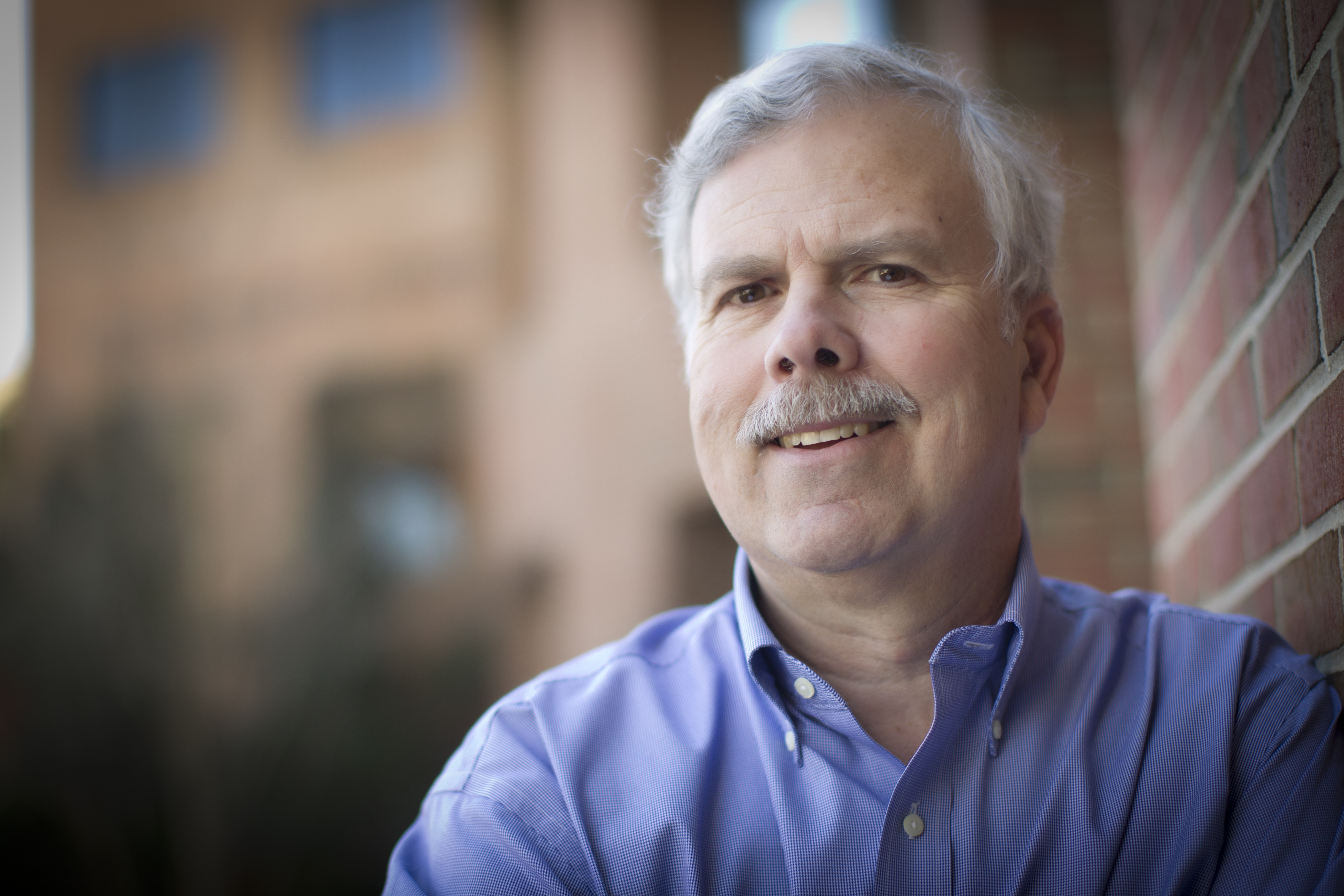UNC Lineberger’s annual scientific symposium, “Molecularly Targeted Cancer Therapies from Bench to Bedside,” will be held April 11-12 at The William and Ida Friday Center for Continuing Education. Thanks to event supporters, attendance is free and the cost to for lunch is minimal at $16 per day. Registration is open until 5 p.m. on Wednesday, April 6.


From its earliest days, the University of North Carolina Lineberger Comprehensive Cancer Center’s annual scientific symposium has drawn national leaders in cancer research to share their insights on early research developments and their potential clinical implications.
This year’s symposium, the 40th annual, will continue this tradition when researchers come together April 11-12 at The William and Ida Friday Center for Continuing Education in Chapel Hill to discuss the latest developments in targeted cancer therapies, which are treatments designed to interfere with specific molecular pathways that function abnormally in cancer. Symposium organizers say targeted treatments are considered to have been a major leap forward in treatment for cancers like metastatic melanoma, but drug resistance remains an obstacle.
“This year’s symposium is focused on what is perhaps the most significant signaling pathway in cancer – the RAF-MEK-ERK pathway,” said the symposium’s co-organizer Channing Der, PhD, a UNC Lineberger member and Kenan Distinguished Professor in the Department of Pharmacology at the UNC School of Medicine. “Because of its significance in cancer, there has been a lot of drug discovery that has focused on components of this pathway, and a number of these drugs are approved for patients. The question is now: How do we improve these drugs so that there are benefits to the patient in the long-term?”
Symposium presenters include scientists and clinicians who were involved in the development and assessment of now-approved targeted treatments, Der said.
“This symposium represents a convergence in the growth of basic science combined with huge strides in the pharmaceutical industry,” said symposium co-organizer Albert S. Baldwin, PhD, UNC Lineberger’s associate director for basic research and William Rand Kenan Professor of Biology at UNC.
But Der also said that cancer cells can find ways to develop resistance to targeted treatments, bypassing drugs to reactive pathways that propel their abnormal growth.
Researchers are expected to present at the symposium on the evolution of resistance to targeted treatments as well as on identifying cancer drug targets.
“What we are now recognizing is that even though some of these drugs are effective initially, the effect is short-term,” Der said. “Some researchers are taking genetic approaches; some will be taking treatment combination approaches to try to improve therapies that hit this pathway.”
UNC Lineberger’s symposia have tracked advances in the understanding and treatment of cancer. The first symposium was held in 1977 – after the center was recognized as a national cancer center by the National Cancer Institute in 1975.
Joseph Pagano, MD, UNC Lineberger’s founding director and Lineberger Professor in Cancer Research, said the symposium started when cancer research was in its infancy here. He said the goals were to bring cancer research at UNC to the attention of national experts, and to educate faculty as well as the community.
“We planned an annual symposium on various aspects of cancer that would accelerate advances at the frontiers of cancer research,” Pagano said.
Symposium organizers aimed to bring leading researchers from around the country. In the first year in 1977, the event drew researchers studying agents with the potential to cause cancer. In the second year in 1978, the symposium was focused on combination chemotherapy. In that year, the keynote address was delivered by George H. Hitchings, PhD, a Nobel Laureate and an adjunct professor emeritus of pharmacy at UNC who worked at Burroughs Wellcome, a company in the Research Triangle Park that eventually became part of GlaxoSmithKline. Hitchings was an early pioneer in discovery and development of drugs against cancer.
“Symposia such as these are instrumental to drive more rapid advances in cancer research,” Pagano said. “These researchers, they influence each other. Well-known experts pick up ideas from these other experts that they might never would have thought of. They have broken down barriers.”
This year’s symposium, “Molecularly Targeted Cancer Therapies from Bench to Bedside,” will be held April 11-12 at The William and Ida Friday Center for Continuing Education. Thanks to event supporters, attendance is free and the cost to for lunch is minimal at $16 per day.
Online registration is available online through 5 p.m. on Wednesday, April 6. On-site registration will also be available.
